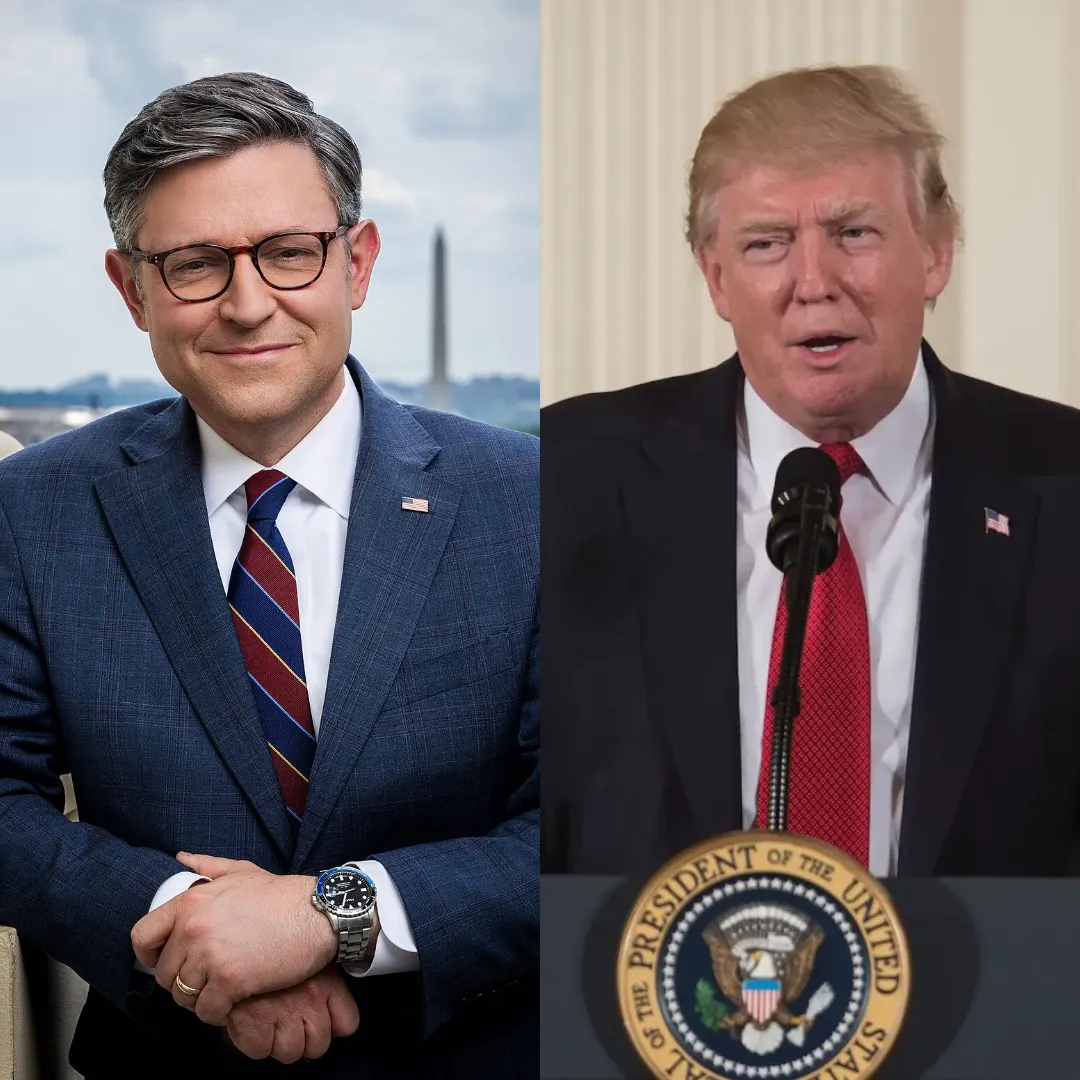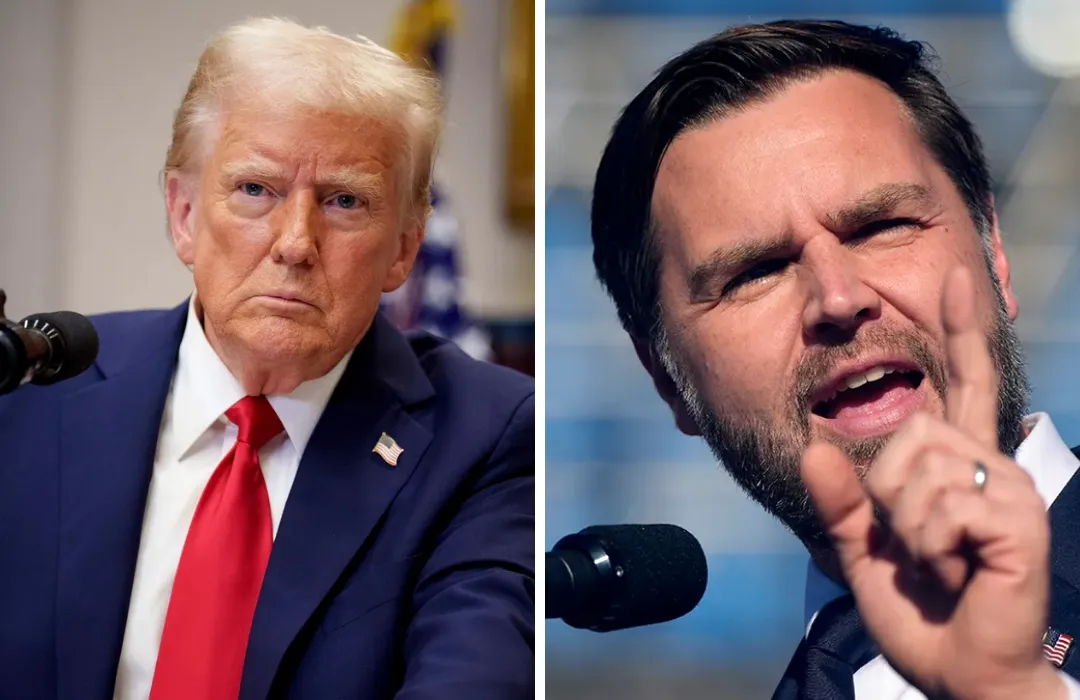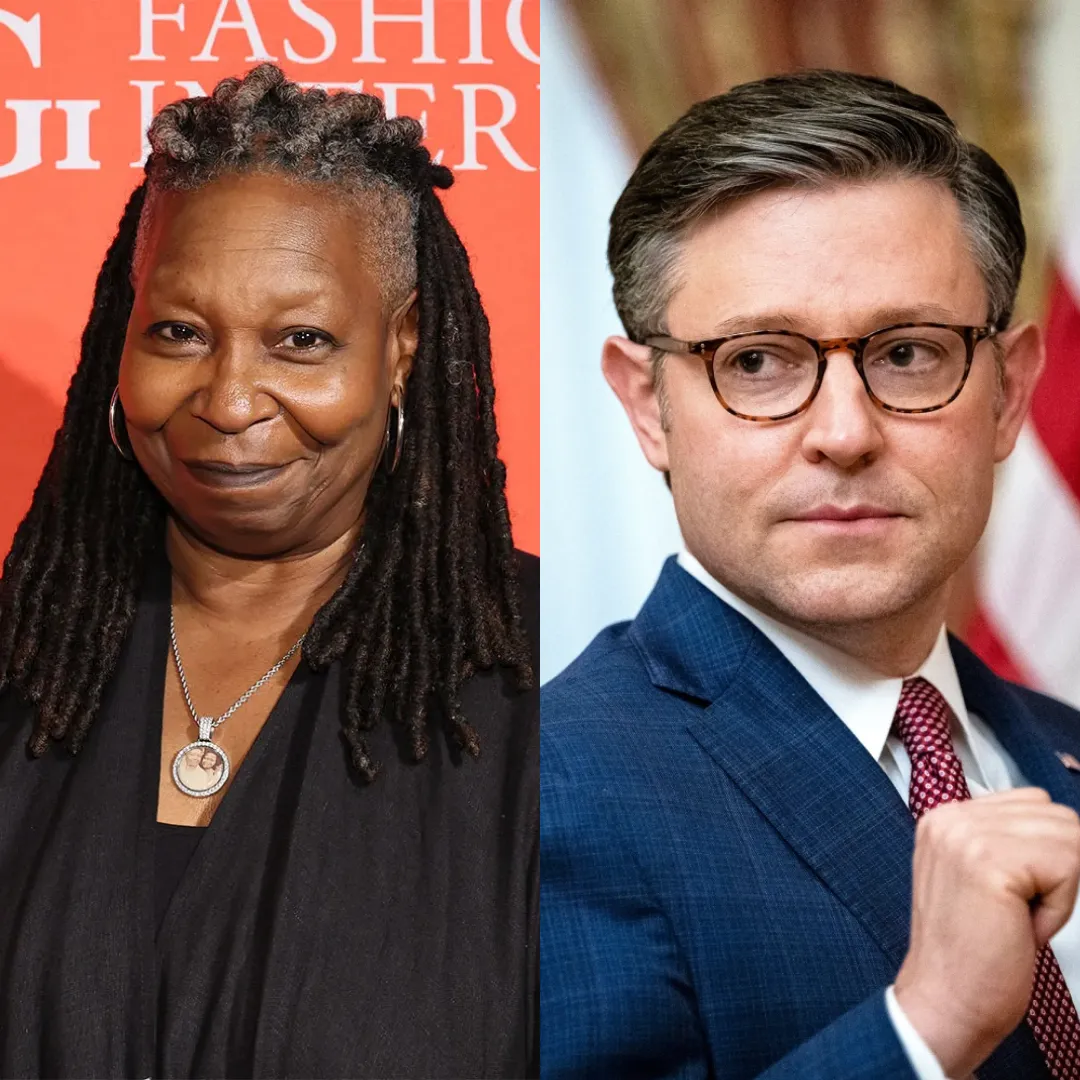Vice President JD Vance delivered one of his most forceful statements to date, blasting California Governor Gavin Newsom and other Democratic leaders for what he described as reckless rhetoric that encourages violence against law enforcement officers.
His fiery remarks followed a wave of recent attacks, including the Dallas ICE shooting where shell casings were left behind marked “ANTI ICE,” a chilling signal that officers themselves had become the targets of political anger.
In his statement, Vance declared bluntly that politicians who use language demonizing federal agents or police are endangering lives. “If your political rhetoric encourages violence against law enforcement, you can go straight to hell and you have no place in the political conversation,” he said, leaving no ambiguity about his position.
The Vice President’s comments have quickly become a flashpoint in the larger national debate over immigration, sanctuary policies, and the role of law enforcement.
Conservatives praised his uncompromising stance, while critics accused him of stoking division. Yet the intensity of his words reflected a growing concern among Republicans that rising hostility toward federal officers is directly linked to political posturing from progressive leaders.
The immediate backdrop for Vance’s remarks was the Dallas ICE facility shooting, an incident that sent shockwaves through law enforcement communities nationwide. Shell casings labeled “ANTI ICE” appeared to explicitly connect the attack to the climate of hostility surrounding the agency.
Fox LA reported that Vance singled out Newsom and other California Democrats, arguing that years of anti-ICE rhetoric and sanctuary policies had created an environment where violence against officers is tacitly condoned. “Words matter,” Vance warned. “When leaders demonize police and ICE officers, they are effectively giving permission to radicals to act.”
He emphasized that these political statements are not harmless. “Political posturing has real-life consequences,” he said, linking incendiary rhetoric with the rising number of violent incidents targeting law enforcement.
For years, California has been at the center of the national debate over immigration enforcement. Sanctuary policies implemented under Democratic leadership have limited cooperation with federal agencies, drawing sharp criticism from Republicans who argue such policies prioritize criminals over law-abiding citizens.
Vance placed Newsom’s name directly into this debate, arguing that his rhetoric has not only undermined respect for law enforcement but actively endangered those tasked with enforcing federal law. “The governor has repeatedly made statements that embolden radicals,” Vance said. “This has consequences, as we’ve seen.”
Critics of Newsom echoed Vance’s point, charging that progressive policies have fostered what they describe as a “culture of impunity” in California. They argue that leniency toward offenders, coupled with harsh criticism of federal authorities, has contributed to an atmosphere where attacks on officers seem more acceptable to extremists.
While Vance’s words were aimed squarely at California leadership, the message quickly spread far beyond state borders. Yahoo News noted that his remarks resonated with many Americans who feel exhausted by the narrative that law enforcement is to blame for social problems.
“There is no excuse for encouraging attacks on officers,” Vance said. “We must hold those in power accountable for the environment they create.”
Conservatives applauded his directness, contrasting it with what they see as evasions from Democratic leaders when confronted with the consequences of their rhetoric. To supporters, Vance’s blunt language was a refreshing acknowledgment of a reality they feel has been ignored for too long.
The Vice President framed his remarks around a central principle: the importance of safeguarding the men and women tasked with enforcing the nation’s laws. “This is not about politics; this is about protecting the people who protect us,” Vance emphasized.
He argued that the rhetoric coming from the left is not only irresponsible but dangerous, as it contributes to a climate in which officers feel increasingly vulnerable. “California’s leaders cannot continue to play politics while officers are targeted in the line of duty,” he said.
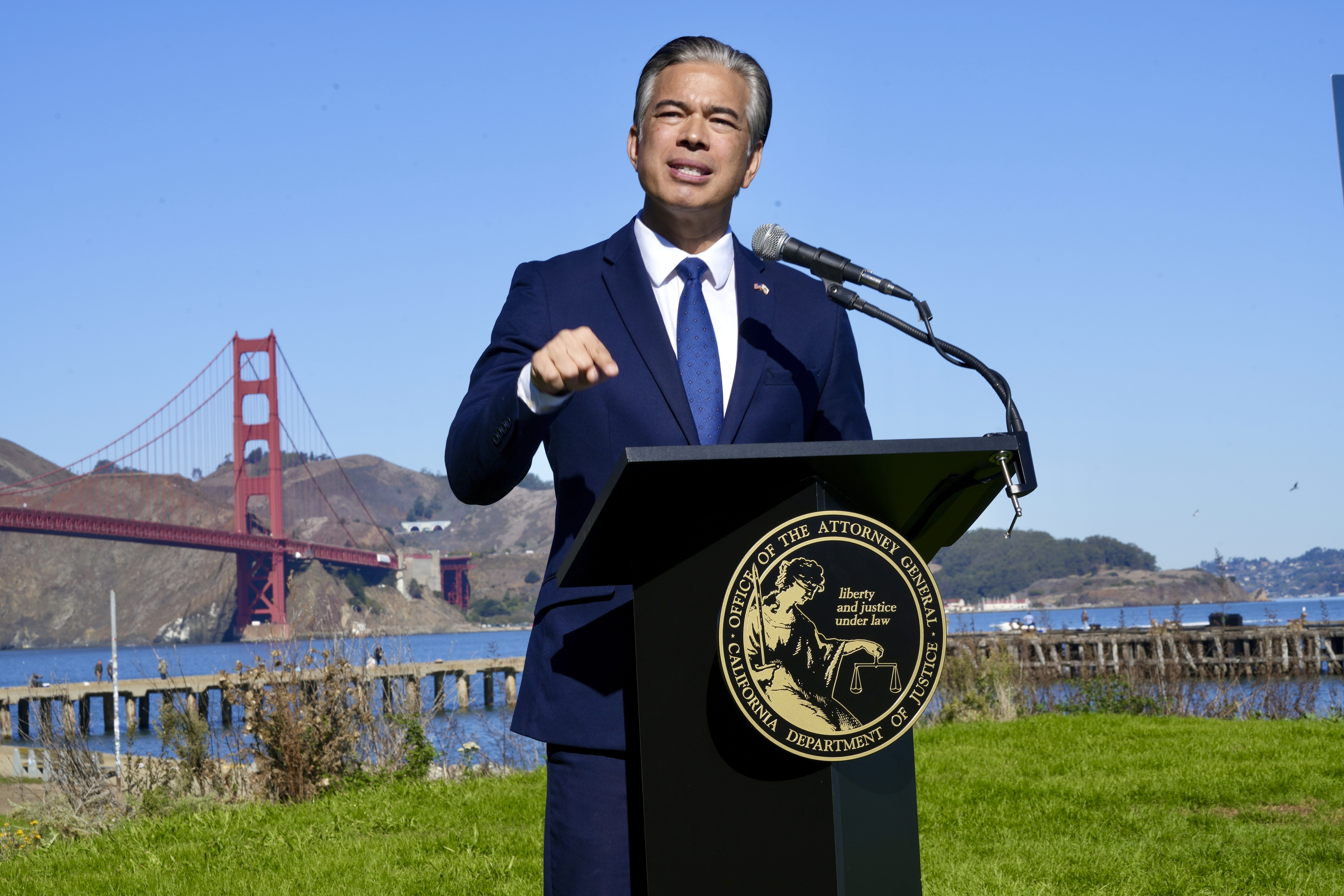
According to Vance, denouncing ICE or local police officers in sweeping, condemnatory terms crosses a line into tacit endorsement of violence. “When you publicly denounce those who enforce the law, you make them targets,” he warned.
Vance’s speech reflected a broader conservative frustration with the tone of the national conversation. Many Republicans argue that law enforcement officers, especially those connected with immigration enforcement, have been unfairly vilified in public discourse.
To them, criticisms of ICE or police as institutions too often devolve into personal attacks on individuals who are simply doing their jobs. By calling out Newsom and others so sharply, Vance gave voice to the sense among conservatives that this vilification has reached a tipping point.
His statement, delivered during a press briefing, carried the weight not just of his personal opinion but of the administration’s growing insistence that law enforcement must be defended unequivocally.
Vance also addressed the broader context of protests in California, many of which have, in his view, escalated into violent actions targeting law enforcement. While acknowledging that protest is a constitutional right, he stressed that leaders bear responsibility for the tone they set.
“Leaders must be responsible for the tone they set,” he said. “You cannot encourage riots and then feign innocence when things go too far.”
He accused California’s leadership of failing to make this distinction, blurring the line between legitimate criticism and language that incites confrontation. For Vance, the consequences of this failure were visible in the Dallas attack and other incidents where officers were directly targeted.
Conservative media outlets quickly seized on Vance’s remarks, praising his bluntness and framing his comments as a much-needed defense of law enforcement. Commentators applauded his willingness to name names and directly connect political rhetoric to acts of violence.
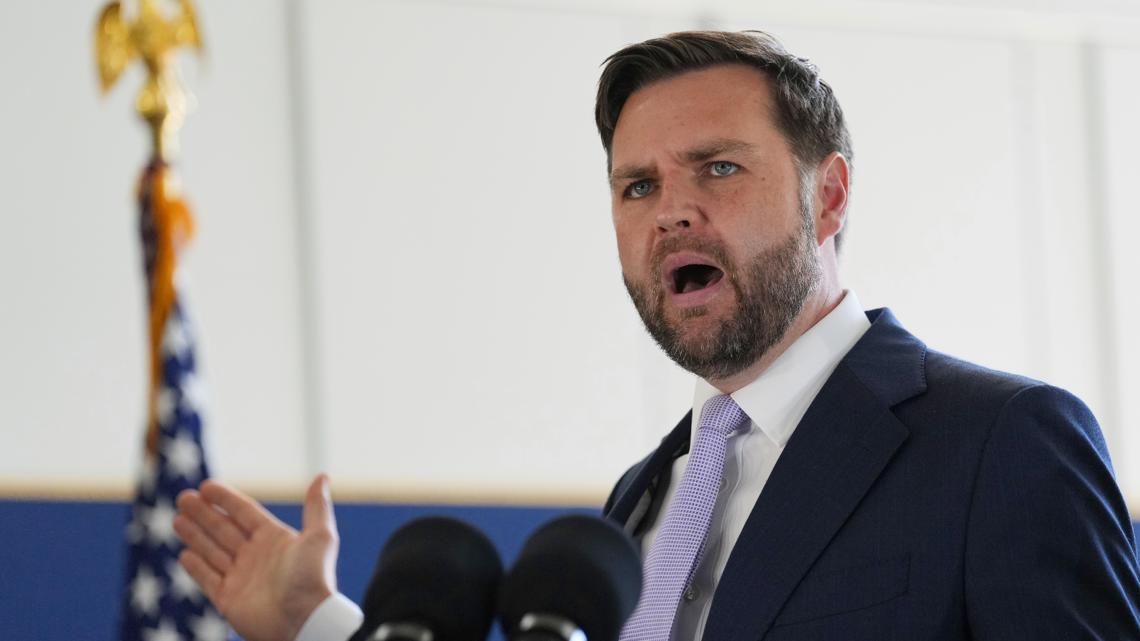
“This is leadership,” one conservative columnist wrote. “For too long, law enforcement has been caught in the crossfire of political games. Vance is right to call out those who put them in harm’s way.”
On social media, clips of Vance’s statement circulated widely, sparking debates across ideological lines. Supporters heralded him as a champion of law enforcement, while critics argued that he was inflaming political divisions.
Democratic leaders in California pushed back against Vance’s remarks, rejecting the idea that their criticisms of ICE or police officers translate into endorsements of violence. They argued that holding law enforcement accountable is not the same as encouraging attacks.
However, Vance’s words had already struck a chord, particularly among voters who feel uneasy about rising crime and increasingly hostile rhetoric toward officers. By framing the issue as one of safety rather than politics, the Vice President positioned himself as an advocate for those on the front lines of law enforcement.
The clash between Vance and Newsom underscores the stakes of political leadership in shaping public perception. As Vance emphasized, “Words matter.” In his view, political leaders cannot absolve themselves of responsibility when their rhetoric coincides with violent acts carried out in the name of their policies or ideologies.
His remarks suggested that accountability must extend beyond the perpetrators of violence to include the political environment that enables it. This theme has become central to conservative critiques of progressive leadership, particularly in states like California.
The Vice President’s statement may be remembered as a defining moment in the ongoing debate over law enforcement, political rhetoric, and public accountability.
By declaring that politicians who encourage violence “can go straight to hell,” Vance drew a hard line that few leaders have been willing to articulate so starkly.
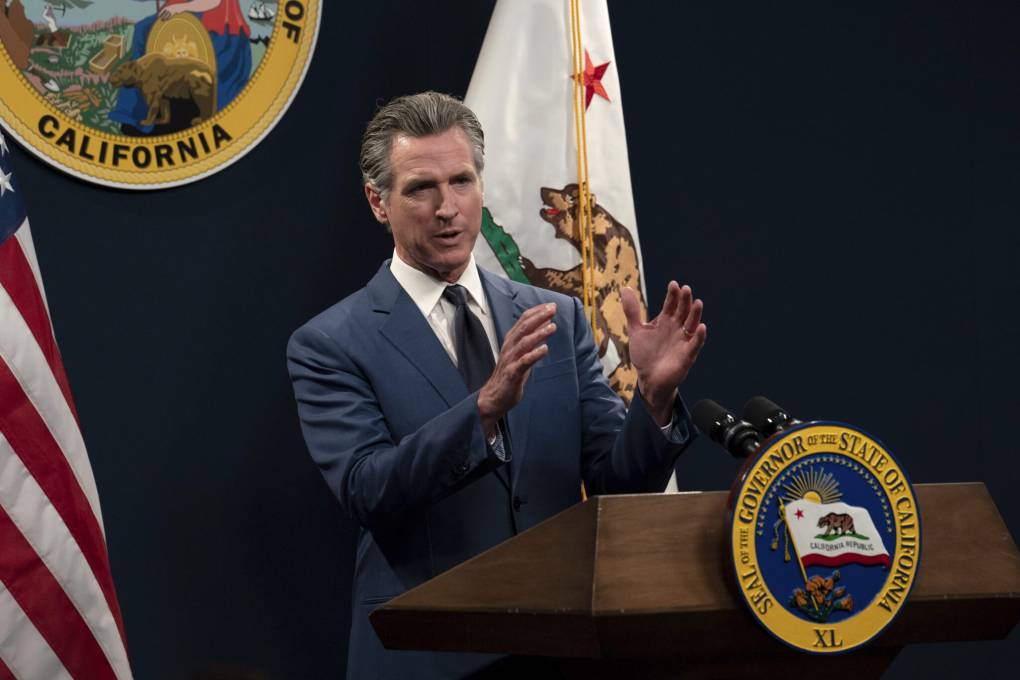
Whether his remarks will prompt any change in tone from Democratic leaders remains uncertain. But for conservatives, his words offered reassurance that someone in power is willing to confront what they see as a dangerous trend.
As the political season intensifies, the issue of law enforcement will remain at the forefront of national debate. Vance’s comments guarantee that the spotlight will continue to shine on the words and actions of leaders like Newsom.
The Vice President has made it clear that he believes the rhetoric of the left has crossed a line, endangering officers and undermining the rule of law.
By taking such a firm stand, he has placed himself squarely at the center of the national conversation — one that will shape not only the politics of the moment but potentially the future of how Americans view the relationship between political speech and public safety.



